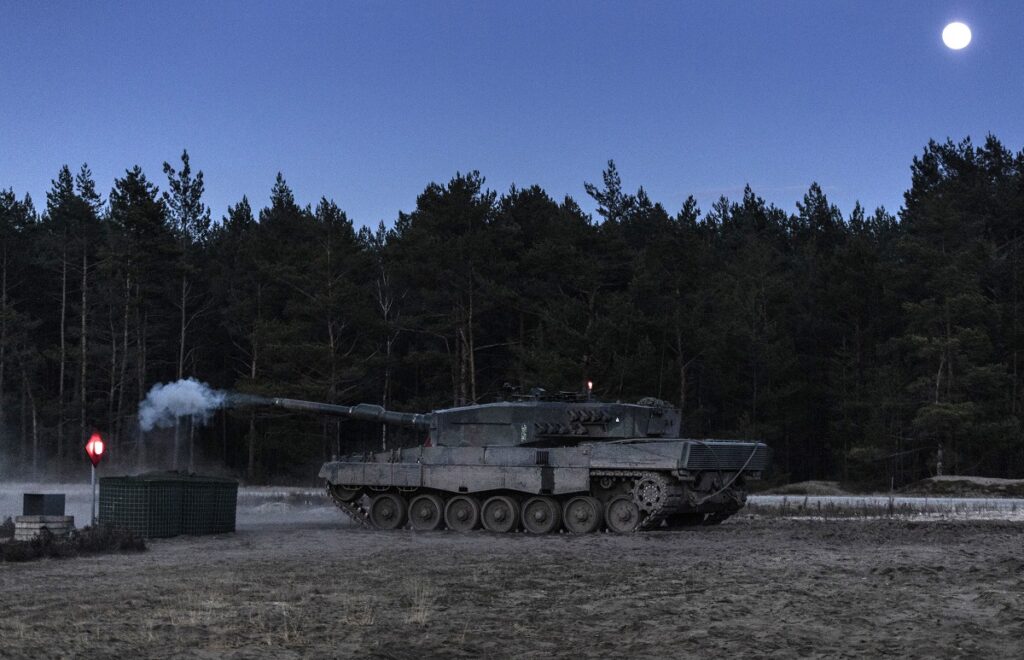NATO 2023: Embracing a paradigm shift
In the run up to the NATO Vilnius summit in July 2023, the Alliance is facing new challenges, but at the same time is benefiting from several opportunities stemming from the newly created sense of relevancy. The Russian aggression against Ukraine and the West has helped to revamp and restore the original purpose of NATO dating back to the post-Second World War period, especially in terms of the principle of collective defence.
July 4, 2023 - Pavel Havlíček



































